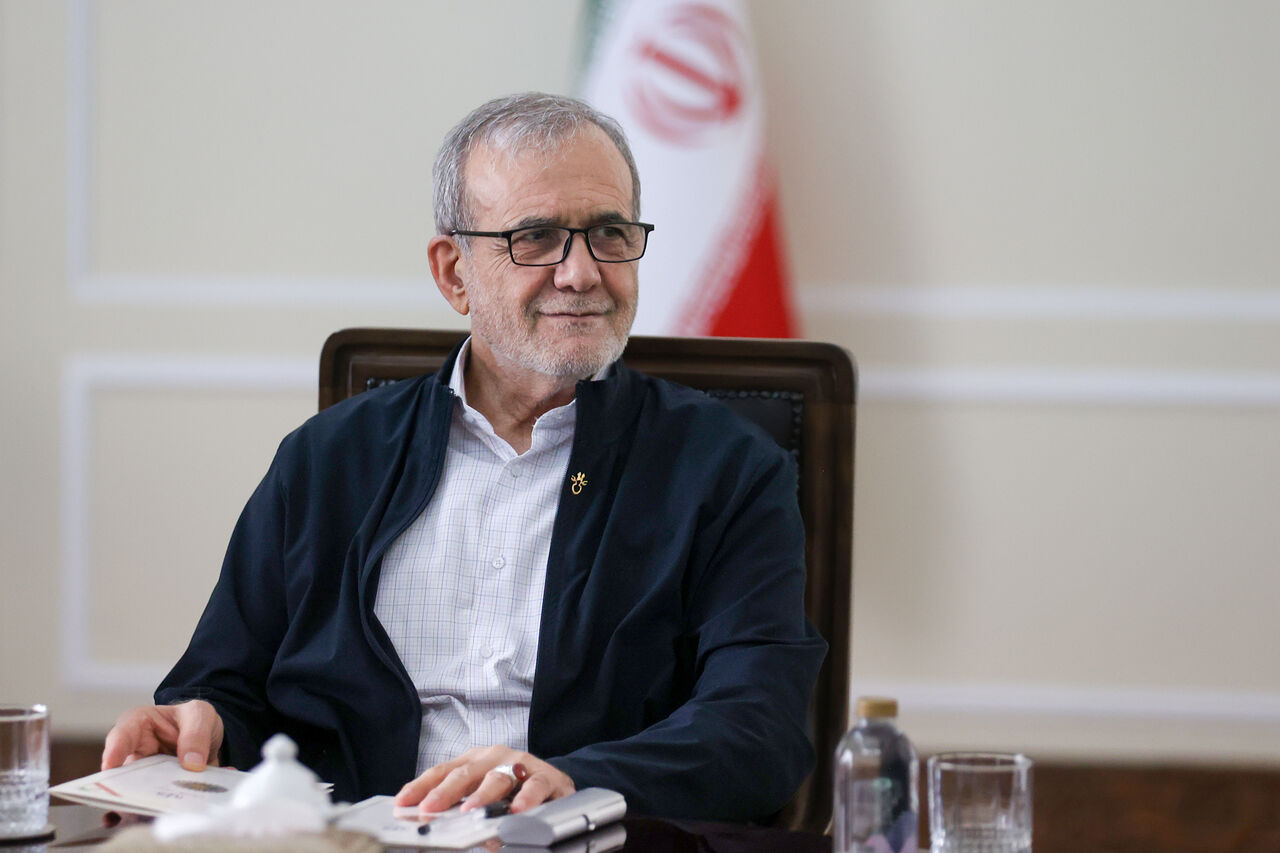
Similar Posts
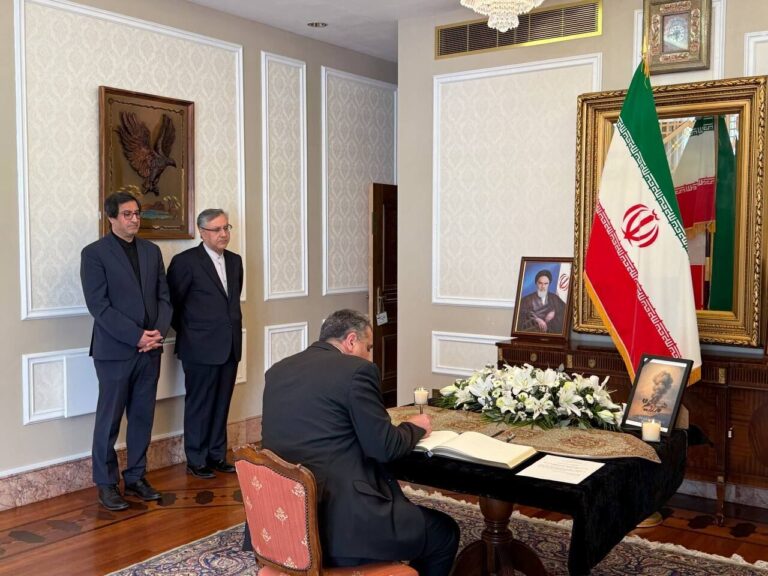
Global Diplomats in London Honor Victims of Bandar Abbas Port Blast
Ambassadors and diplomats visited the Iranian Embassy in London to honor the victims of a tragic fire at Shahid Rajaee Port in southern Iran, where an explosion occurred on April 26. The Iranian Ambassador, Ali Mousavi, welcomed their condolences, and the embassy will keep a memorial office open on April 29 and 30 to commemorate the victims. A heartfelt message shared on X expressed condolences to the Iranian nation, while the embassy’s flag was lowered to half-mast. As of recent reports, the death toll has risen to 70, with officials confirming the fire was fully contained after two days.

Iran Issues Stern Warning: Any Attack on Nuclear Sites Will Not Be Tolerated
During a visit to Qatar, Iranian Deputy Foreign Minister Abbas Araghchi warned that a military attack on Iran’s nuclear facilities would be a major historical mistake by the US, potentially leading to an “all-out war” in the region. He praised Qatar’s mediation role in the Gaza ceasefire and stated that the Palestinian people achieved a form of “victory” despite the devastation. Araghchi also emphasized Iran’s support for a unified Syrian government and expressed concerns about instability in Syria fueling regional tensions. He urged the next US administration to rebuild trust through actions like restoring frozen Iranian assets and focusing negotiations on nuclear issues.
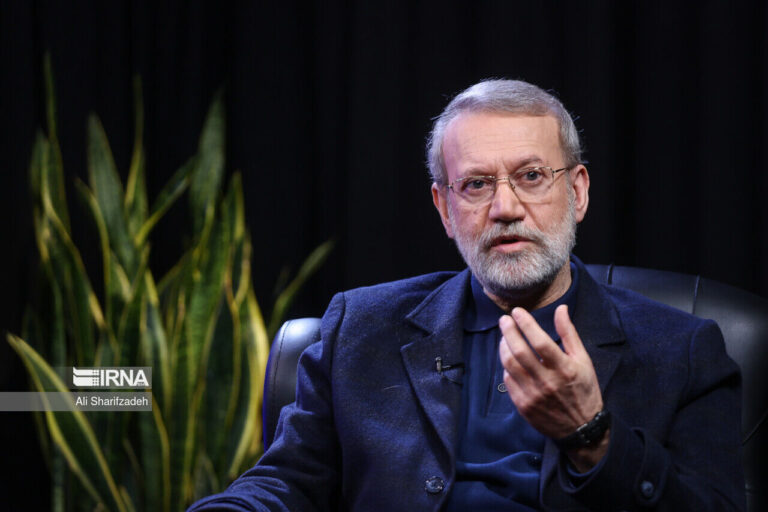
Political Dynamics Take Center Stage in Iran Nuclear Program Negotiations, Says Advisor to Leader
In a recent speech, Ali Larijani, an adviser to Iran’s Leader, stated that the Iranian nuclear issue is primarily a political matter, highlighting the complexities of Iran’s nuclear ambitions. Speaking at Shahed University, he reaffirmed Iran’s commitment to peaceful nuclear technology, criticized the disregard from other nations, and emphasized that negotiations must safeguard Iran’s interests. Larijani also addressed the extensive U.S. sanctions, tracing their roots to Iran’s pre-revolution era and asserting the nation’s resilience against external pressures. He concluded by noting that the success of indirect negotiations with the U.S. depends on the rationality and fairness of the negotiating parties.
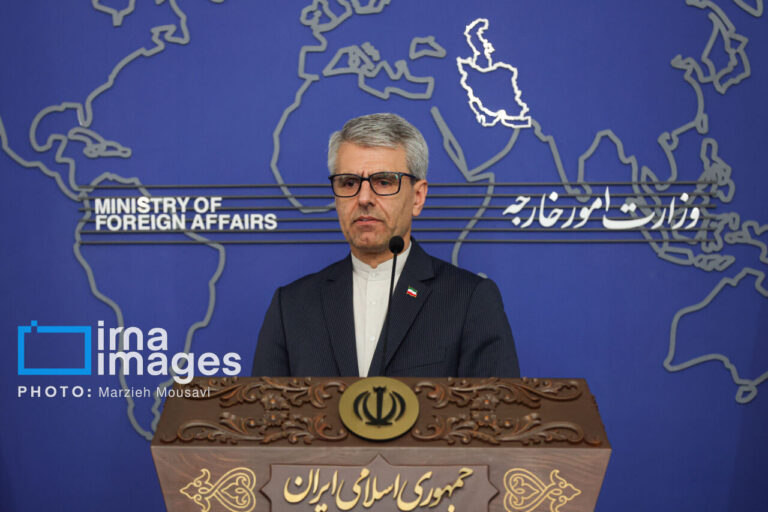
Tehran Dismisses Arab League’s Claim on Iranian Islands as Baseless and Unacceptable
The Arab League summit in Baghdad prompted a strong reaction from Iranian officials regarding claims about the three islands—Greater Tunb, Lesser Tunb, and Abu Musa. Foreign Ministry spokesperson Esmaeil Baqaei dismissed these assertions, asserting that the islands are “an integral and eternal part of Iran.” He criticized the discussion as “unacceptable,” emphasizing that such claims contradict the United Nations Charter and international law. Baqaei urged the Arab League to acknowledge the historical realities of the Persian Gulf and called for fostering regional relations instead of making “baseless claims.” Iran maintains its sovereignty over the islands and seeks mutual respect among neighboring nations.
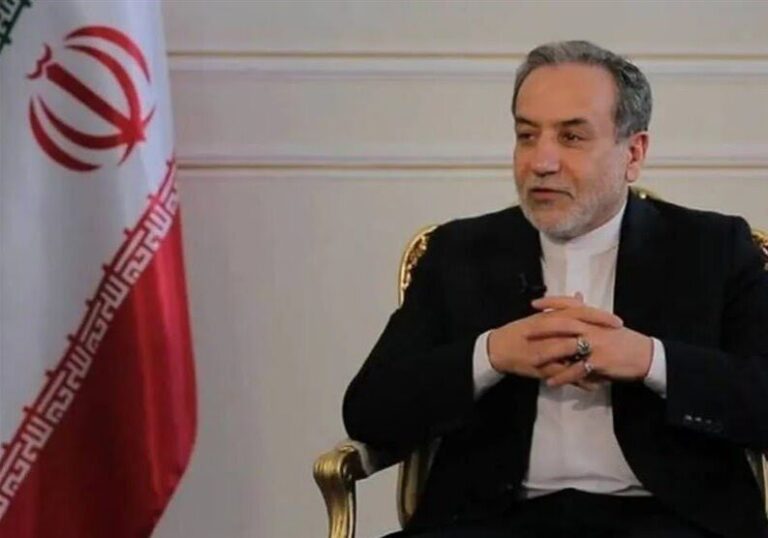
Unlocking Iran’s Frozen Assets: A Key Move to Build Trust with Tehran, Says FM Araghchi
Iranian Foreign Minister Seyyed Abbas Araghchi has stated that unfreezing Iran’s blocked funds is crucial for the U.S. to build trust with Tehran amidst ongoing complexities in U.S.-Iran relations. In an interview with Al Jazeera Arabic, he acknowledged the deep-seated mistrust rooted in a history of hostilities, including the U.S. withdrawal from the nuclear agreement and the assassination of General Soleimani. Araghchi criticized the Biden administration’s hostile approach, claiming that previous U.S. administrations exacerbated tensions with severe sanctions. He emphasized that overcoming this mistrust will require more than just dialogue, highlighting the need for tangible actions.
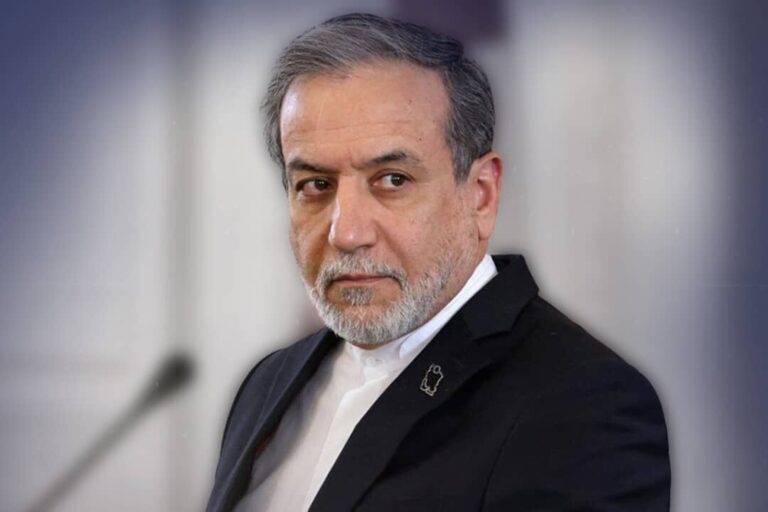
Araqchi Sounds Alarm: Israeli Sabotage and Assassinations Threaten Diplomatic Efforts
Iran’s Foreign Minister Abbas Araqchi expressed concerns about potential disruptions to U.S.-Iran nuclear negotiations, citing the Israeli regime and certain interest groups as possible saboteurs. He emphasized the history of Israeli tactics aimed at provoking Iran, stating that Iran’s security services are on high alert for sabotage and assassination attempts. Araqchi also warned of a misinformation campaign featuring exaggerated claims about Iran’s nuclear intentions, including misleading visuals of facilities. He stressed that Iran’s nuclear program is closely monitored by the International Atomic Energy Agency (IAEA), underscoring the importance of vigilance to protect diplomatic efforts.